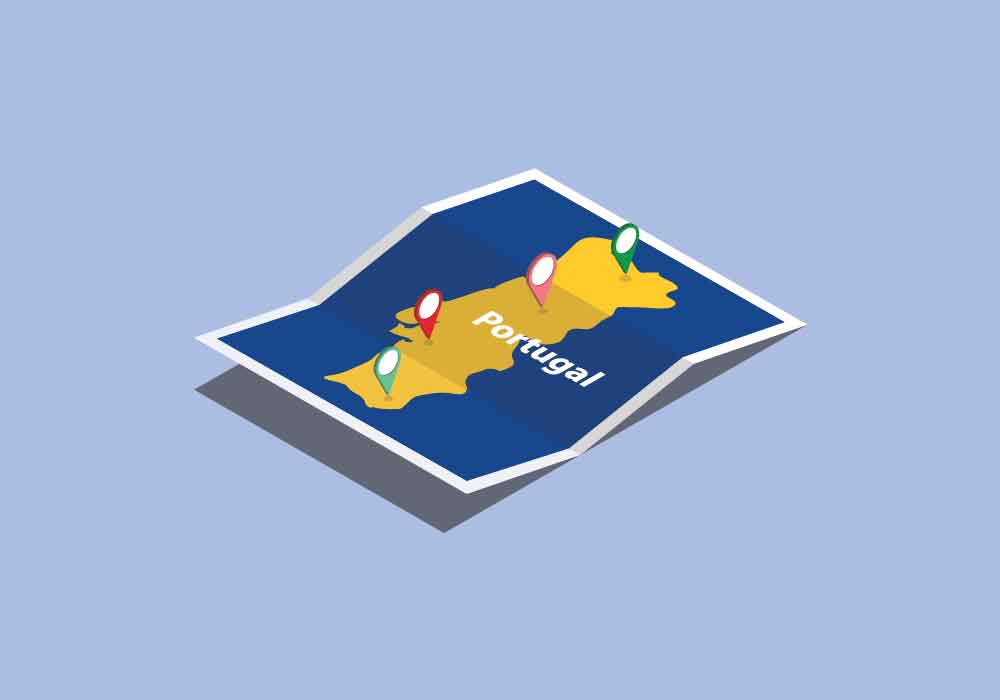Quote 2
Thenimitate the action of the tiger.
Stiffen thesinews, summon up the blood,
Disguise fairnature with hard-favoured rage.
Then lendthe eye a terrible aspect,
. . .
Nowset the teeth and stretch the nostril wide,
Holdhard the breath, and bend up every spirit
Tohis full height. On, on, you noblest English,
Whoseblood is fet from fathers of war-proof,
Fathersthat like so many Alexanders
Have in theseparts from morn till even fought,
And sheathedtheir swords for lack of argument.
Dishonournot your mothers; now attest
That those whomyou called fathers did beget you.
Be copynow to men of grosser blood,
And teach themhow to war. And you, good yeomen,
Whose limbswere made in England, show us here
The mettleof your pasture. . . .
(III.i.6–27)

This passage is from Henry’s famous“Once more unto the breach, dear friends” speech, which ends withthe battle cry, “God for Harry! England, and St. George!” Rallyinghis men to charge once more into the fray at the Battle of Harfleur(the “breach” refers to the hole in the town wall created by thebombardment of Henry’s cannons), Henry employs two separate strategiesfor psychological motivation, each of which uses its own languageand rhetoric. First, Henry attempts to tap into a primal instincttoward violence within his men, hoping to rouse them into a killingfrenzy. To this end, he compares the expressions he desires hismen to wear to the features of an angry tiger. He describes in greatdetail the savage features of tigers, urging his men toward a mindlessfury represented by snarling teeth and flared nostrils. The vividimagery of Henry’s speech indicates his own experience with thesavage passion of battle, as he commands his men to “[b]e copy nowto men of grosser blood”—that is, to act as barbarians.



Fet Meaning In English Language
At the same time, however, Henry employs a second strategy wherebyhe inspires his men with a nationalistic patriotism, urging themto do honor to their country and prove that they are worthy of beingcalled English. This sense of a shared national creed is somewhatmore sophisticated than the urging to primal violence, and Henryturns away from the blunt physical description in the early partof his speech to a more complex rhetoric that combines historicalreference (“so many Alexanders”), a sentimental appeal to familypride (“[d]ishonour not your mothers”), and reminders of birthplace(“you, good yeomen, / Whose limbs were made in England”). At theend of his speech, Henry attaches St. George, the patron saint ofEngland, to his legendary battle cry, providing his men with a treasuredand familiar symbol of the patriotic ideals he espouses in his rallycry.
Fete French Meaning In English
From Longman Dictionary of Contemporary English Related topics: Welfare, Insurance benefit ben‧e‧fit 1 / ˈbenəfɪt / S2 W1 AWL noun 1 advantage countable, uncountable ADVANTAGE an advantage, improvement, or help that you get from something → beneficial benefit of the benefits of contact lenses I never had the benefit of a university education. Fact definition: 1. Something that is known to have happened or to exist, especially something for which proof.
